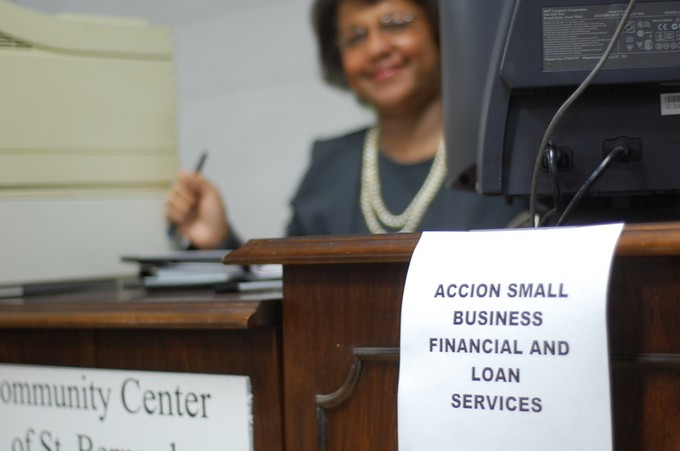Balanced Budget Amendment: Three Reasons It’s A Colossally Bad Idea
By
Lindsay Koshgarian
Posted:
|
Debt & Deficit,
Social Insurance, Earned Benefits, & Safety Net

Sometimes borrowing is a good thing. Photo courtesy of Billy Brown.
Last week, instead of considering a budget resolution like they’re supposed to come March every year, Senators held a hearing on a constitutional balanced budget amendment just last week. Both the House and Senate seem poised for further action on this potentially disastrous idea.
A balanced budget amendment was, is, and will remain a really, really bad idea. Here are three reasons:
- Social Security, Medicare, Medicaid (ok, that’s three). These three government programs provide serious value to citizens, and they represent a serious amount of government spending. All would suffer greatly under a balanced budget amendment, not least because versions of this amendment call for balanced revenues and spending in the same year – meaning the massive trust fund (basically savings) that Social Security currently draws from wouldn’t count as revenue. Where’s the sense in that?
- Borrowing is often a good thing. As individuals, we often borrow for the most important things in life – a house to live in, a college education. We know it’s worth it. The biggest spike in government investment in recent years was the American Reinvestment and Recovery Act, an act of government borrowing which was widely credited with preventing a bad recession from morphing into a devastating depression. One of the biggest reasons to keep the system we have is to give government the flexibility to borrow when the economy needs it most (without needing 3/5 of Congress to approve – when has that happened in recent memory?)
- It’s not what it appears. Congress has jumped at the chance in recent years to play funny math games with legislated budget caps – Pentagon slush fund, anyone? – and there’s no reason to think that would stop. If anything, it would get worse and legislators would find creative ways to “comply” with the constitution without cutting pet programs.
This is a half-baked idea, and we should expect more from our legislators. We would all be better off if they would put this idea back on the shelf where it belongs, and get down to the business of passing an actual budget.